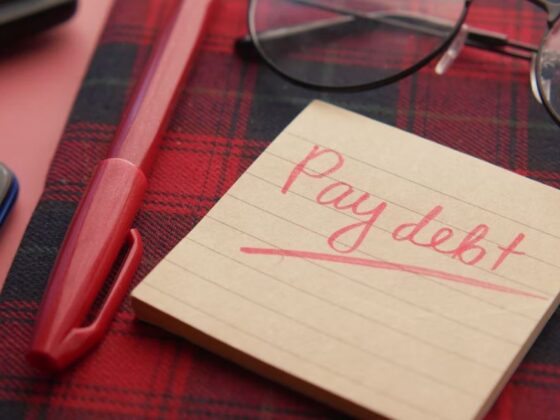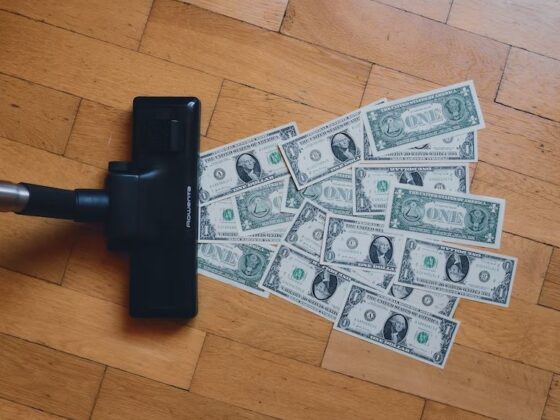Being laid off can be a stressful time, but it’s essential to stay focused and take the proper financial steps to ensure you’re shielded from any economic hardship. Here are some financial steps to consider after being laid off:
1. Make a budget: Make a budget of your income and expenses to ensure you’re aware of your finances. This will help you plan ahead to figure out how much you can afford to spend and how much you need to save.
2. File for unemployment benefits: If you’ve been laid off, you may be eligible for unemployment benefits. Check with your state for the specifics, but generally, you’ll need to file for unemployment and provide proof of your income and employment history.
3. Cut back on unnecessary expenses: When you’re laid off, it’s vital to cut back on any unnecessary expenses. This could mean canceling subscriptions or cutting back on eating out.
4. Look for other sources of income: If you’re laid off, you may be able to find other sources of income to supplement your unemployment benefits. This could include freelance work, part-time jobs, or taking on side gigs.
5. Tap into your retirement accounts: If you’re laid off, you may be able to tap into your retirement accounts for extra income. However, be sure to consider the tax implications and potential penalties before doing so.
Being laid off can be difficult, but it’s important to stay focused and take the right financial steps to ensure you’re able to stay afloat. Consider these steps to ensure you can get back on your feet quickly and start building new financial security.











